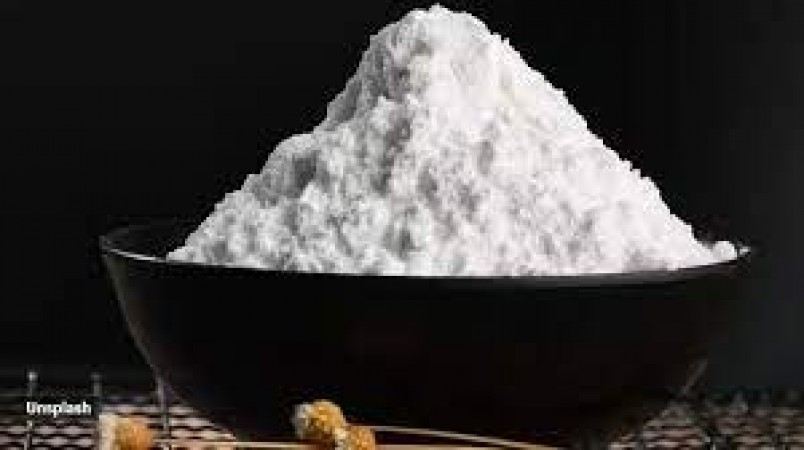
Is there any truth to the notion that flour can linger in your intestines, causing potential health issues? Let's delve into this popular belief and separate fact from fiction.
Understanding the Claim
The idea that flour sticks in the intestines after consumption has circulated for decades, often perpetuated by anecdotal accounts and old wives' tales. According to this belief, undigested flour forms a paste-like substance that adheres to the intestinal walls, leading to a range of digestive problems and even serious health complications over time.
The Science Behind Digestion
To address this claim effectively, it's essential to understand the digestive process. When you consume flour-based products, such as bread, pasta, or baked goods, your body breaks down the carbohydrates into simpler sugars through the action of enzymes in the mouth, stomach, and small intestine. These sugars are then absorbed into the bloodstream to provide energy for your body's functions.
Myth or Reality: Flour's Fate in the Digestive System
Contrary to popular belief, flour does not stick to the intestines in its undigested form. The human digestive system is remarkably efficient at breaking down and absorbing nutrients from food, including carbohydrates like flour. Enzymes in the digestive tract work diligently to break down complex molecules into smaller components that can be absorbed by the body.
The Role of Fiber
While flour itself is not known to adhere to the intestinal walls, certain types of flour, particularly those lacking in fiber, may contribute to digestive issues if consumed in excess. Fiber plays a crucial role in promoting regular bowel movements and maintaining gut health. Diets high in refined flours, which are often stripped of fiber during processing, may lead to constipation or other digestive discomforts for some individuals.
Balanced Nutrition is Key
Rather than demonizing flour altogether, it's important to focus on overall dietary patterns and the quality of ingredients consumed. Opting for whole grain flours, which retain the natural fiber and nutrients found in the grain, can be a healthier choice for supporting digestive health.
Final Verdict: Debunked
In conclusion, the notion that flour sticks in the intestines after eating is a myth lacking scientific evidence. While excessive consumption of refined flours may pose some digestive challenges, there is no evidence to support the claim that flour adheres to the intestinal walls in its undigested form. As with any dietary component, moderation and balance are key to maintaining optimal health.
If you want to keep a dog at home then keep these things in mind, there will be no problem in future
Follow these tips to get long and strong hair, the effect will be visible within a week